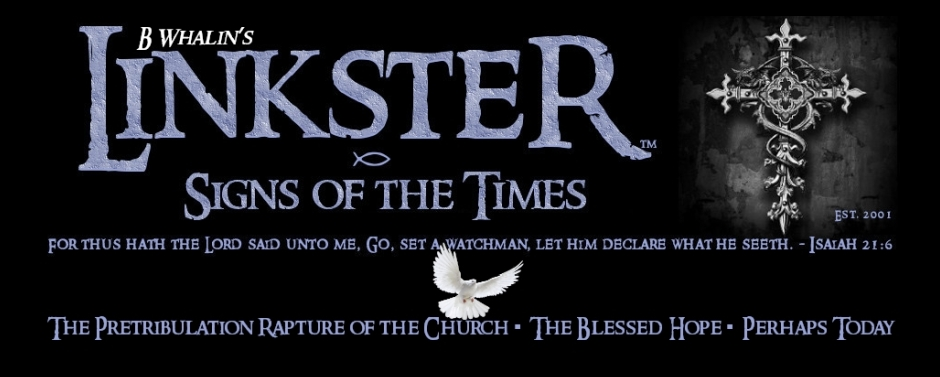
John F. Kennedy
Thirty-Fifth President of the United States (1961-1963)
On ‘Liberty’

 John Fitzgerald "Jack" Kennedy (May 29, 1917 – November 22, 1963), often referred to by his initials JFK, was the 35th President of the United States, serving from 1961 until his death in 1963. After military service as commander of the Motor Torpedo Boats PT-109 and PT-59 during World War II in the South Pacific, Kennedy represented Massachusetts' 11th congressional district in the U.S. House of Representatives from 1947 to 1953 as a Democrat. Thereafter, he served in the U.S. Senate from 1953 until 1960. Kennedy defeated Vice President and Republican candidate Richard Nixon in the 1960 U.S. presidential election. At 43 years of age, he is the youngest to have been elected to the office, the second-youngest President (after Theodore Roosevelt), and the first person born in the 20th century to serve as president. A Catholic, Kennedy is the only non-Protestant president, and is the only president to have won a Pulitzer Prize. Events during his presidency included the Bay of Pigs Invasion, the Cuban Missile Crisis, the building of the Berlin Wall, the Space Race, the African-American Civil Rights Movement, and early stages of the Vietnam War.
John Fitzgerald "Jack" Kennedy (May 29, 1917 – November 22, 1963), often referred to by his initials JFK, was the 35th President of the United States, serving from 1961 until his death in 1963. After military service as commander of the Motor Torpedo Boats PT-109 and PT-59 during World War II in the South Pacific, Kennedy represented Massachusetts' 11th congressional district in the U.S. House of Representatives from 1947 to 1953 as a Democrat. Thereafter, he served in the U.S. Senate from 1953 until 1960. Kennedy defeated Vice President and Republican candidate Richard Nixon in the 1960 U.S. presidential election. At 43 years of age, he is the youngest to have been elected to the office, the second-youngest President (after Theodore Roosevelt), and the first person born in the 20th century to serve as president. A Catholic, Kennedy is the only non-Protestant president, and is the only president to have won a Pulitzer Prize. Events during his presidency included the Bay of Pigs Invasion, the Cuban Missile Crisis, the building of the Berlin Wall, the Space Race, the African-American Civil Rights Movement, and early stages of the Vietnam War.» See All 'Quotable Quotes'
This Day In History 54 Years Ago
Vietnam War - September 12, 1959
Vietnam War - September 12, 1959
Situation Deteriorates In South Vietnam

North Vietnamese Premier Pham Van Dong tells the French Consul: "You must remember we will be in Saigon tomorrow." In November, he would tell the Canadian Commissioner: "We will drive the Americans into the sea." The U.S. Embassy in Saigon eventually passed these remarks along to Washington as evidence of the deteriorating situation in South Vietnam. The United States had taken over from the French in the effort to stem the tide of communism in Southeast Asia. When President John F. Kennedy took office in 1961, he was faced with a dilemma in Laos and Vietnam. He decided that the line against communism had to be drawn in Vietnam and therefore he increased the number of military advisers to President Ngo Dinh Diem's government in Saigon. By the time of his assassination in November 1963, there would be more than 16,000 U.S. advisers in South Vietnam. Under his successor, Lyndon Johnson, there would be a steady escalation of the war that ultimately resulted in the commitment of more than half a million U.S. troops in South Vietnam.
» Full ArticleSignificant Events This Day In History
» History» Ultimate History Quiz
“The Ultimate History Quiz features thousands of questions about American and global history trivia. Play now to challenge your friends, and see how you stack up to the competition.”


